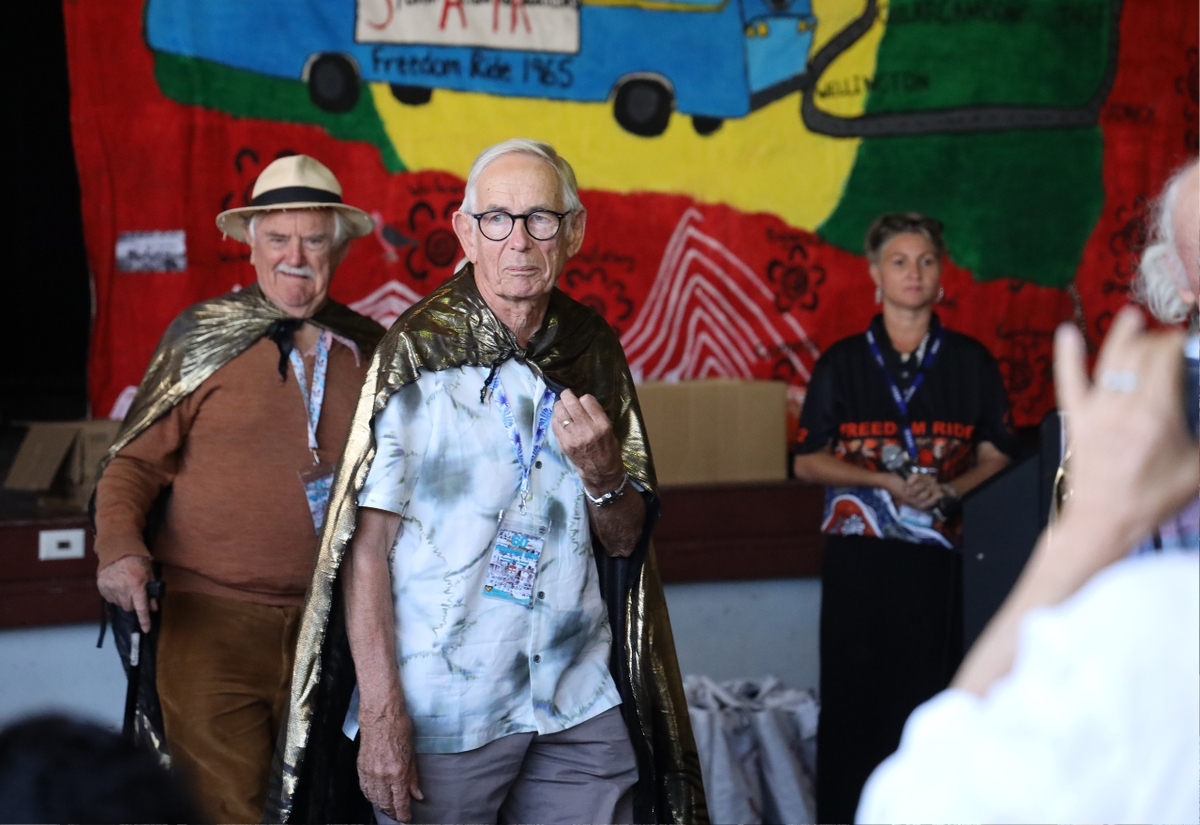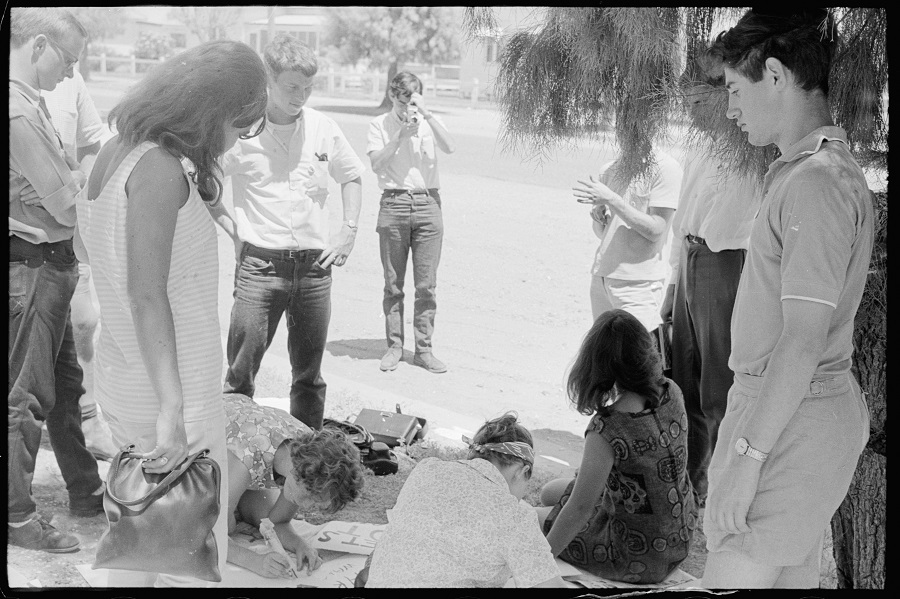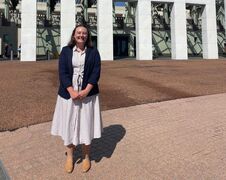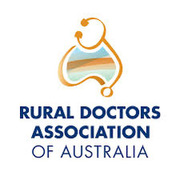Hundreds gather to commemorate Freedom Ride and Walgett funding announcement
River McCrossen
17 February 2025, 8:30 PM
 Freedom Rider Aidan Foy protested against indigenous discrimination in Walgett in 1965. He was back for commemorations in the town yesterday. IMAGE: supplied.
Freedom Rider Aidan Foy protested against indigenous discrimination in Walgett in 1965. He was back for commemorations in the town yesterday. IMAGE: supplied.Walgett Aboriginal Medical Service (WAMS) will receive $900,000 towards a culture centre as the town marks the sixtieth anniversary of the historic Freedom Ride.
The commitment by the NSW Government will help cover consultation and construction costs for the pavilion at Walgett Freedom Ride Memorial Park.
Hundreds of people including school children and government ministers attended an official announcement at the park yesterday.
"It's just such a big thing for us," WAMS chair Mary Purse said.
"I hope there's more commemorations so that we can train our younger people to follow this legend.
"Charlie Perkins and the students, they were the ones that opened the door for us."

Students from the Freedom Ride prepare protest signs at Walgett in February 1965. IMAGE: Mitchell Library, State Library of New South Wales and SEARCH Foundation.
The Freedom Ride
In 1965, Charlie Perkins led a group of 30 University of Sydney students in a bus through rural towns to protest against Aboriginal exclusion from venues like swimming pools and cinemas.
He was one of only two indigenous students enrolled in the University at the time.
The group held signs outside Walgett's RSL club in protest against a ban on indigenous servicemen.
Their demonstration triggered hostility from many locals, which led to a truck driver forcing the bus off the Moree Road.
The 15-day journey drew national attention and threw racial segregation into the spotlight. It was a turning point in Australian history.
Mr Perkins went on to be a significant leader in Australian politics and community.
"It makes you feel very pleased that you're involved in something that was so important to some people, and that helped change some of their lives," said Ann Curthoy, who attended the anniversary with fellow riders Chris Page, Aidan Foy, Beth Hansen and Alec Mills.
"I think people who know their history can have a strong sense of identity and community.
"I'm a historian, so I always think remembering the past is important, mainly to know where you came from. It can be a kind of a spur to action, the fact that there's a tradition to be carried on. There's an inheritance."
Commemorating history
This week's funding announcement also committed to installing commemorative plaques, under the Blue Plaques program, along the route of the Freedom Ride.
The route ran from Sydney through western towns including Gulargambone and Collarenebri and Dubbo, as well as Lismore, Taree and Newcastle closer to the coast.
“NSW has profoundly changed as a result of Charles Perkins and the students who drew attention to racial injustice in our state," said Penny Sharpe, Minister for Heritage.
“By listening to Aboriginal voices, supporting Aboriginal-led initiatives, and committing to real action, we can follow in the footsteps of the Freedom Riders to build a more just and equal Australia,” said David Harris, Minister for Aboriginal Affairs.



